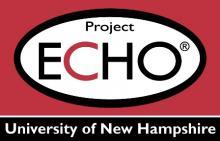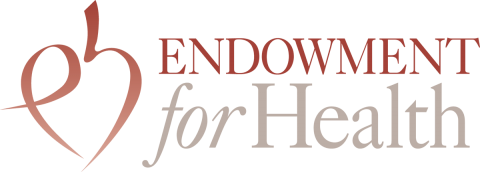
Our Current Projects

The UNH Advanced Nursing Education Workforce (ANEW) program funds Primary Care Family Nurse Practitioner (NP) and Psychiatric Mental Health Nurse Practitioner students with trainee-ship awards to students who work and train in rural and under-served settings. ANEW provides NP students with the practice, preceptor, and peer support they need to address current workforce challenges in these unique primary care environments. ANEW also provides support and professional development opportunities for preceptors working alongside ANEW trainee-ship students.
ANEW professional development focuses on the key, high priority health concerns of rural New Hampshire, including behavioral health, substance use disorder, and telehealth providing continuing education for both the preceptor and NP preceptee using an all-teach all-learn continuing education strategy.
This grant is supported by the Health Resources and Services Administration (HRSA) of the U.S. Department of Health and Human Services (HHS) as part of an award totaling $2.6 million dollars with a percentage financed with non-governmental sources. The contents are those of the author(s) and do not necessarily represent the official views of, nor an endorsement by HRSA, HHS, or the U.S. Government. For more information please visit HRSA.gov.
ANEW has also hosted three cohorts of the Preceptor ECHO® to Enhance Rotations (PEER) to help enhance the overall preceptor experience for students, preceptors, and support staff.
To learn more about the Preceptor ECHO to Enhance Rotations and to access additional resources, please click on the accordion sections below.
The Preceptor ECHO to Enhance Rotations (PEER) project promotes case-based shared learning across clinical preceptor sites throughout New England and beyond, developing a learning community of preceptors and practice sites while sharing and developing competencies for rural and under-served preceptor sites.
The University of Vermont Center on Rural Addiction (UVM CORA) is supported by the Health Resources Services Administration (HRSA) of the U.S. Department of Health and Human Services (HHS), and was established in the fall of 2019. Our mission is to expand addiction treatment capacity in rural communities by providing consultation, resources, training, and evidence-based technical assistance to healthcare providers and other staff. At UVM CORA, we want to leverage our expertise in evidence-based practices for treating Opioid Use Disorder (OUD) and other Substance Use Disorders (SUDs) to:
-
Identify real-time needs of rural communities and science-supported methods for effectively addressing current and future addiction needs.
-
Deliver ongoing technical assistance and workforce training to support the effective use of best practices for assessing and treating rural patients.
-
Disseminate education and resources on evidence-based treatment and prevention to rural providers and policymakers.
Our priority areas cover the HRSA-designated rural counties in VT, NH, ME, and northern NY, but our Center is designed to provide services nationally.

The Collaborative for Advancing Rural Excellence and Equity (CARE2) aims to support health care providers who serve two populations that lack access to quality health care: older adults who are socially isolated, and adults and older adults with substance use disorder (SUD) and/or behavioral health needs.
The project described is supported by grant number U3IRH43508 from the Office for the Advancement of Telehealth, Health Resources and Services Administration, DHHS. The contents are those of the author(s) and do not necessarily represent the official views of, nor an endorsement by, HRSA/HHS or the U.S. Government. CARE2 is a collaboration between MCD Global Health and University of New Hampshire Institute for Health Policy and Practice.
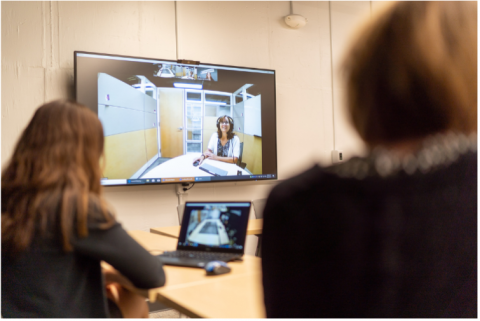
In collaboration with the NH Maternal Child Health Bureau, the NH Pediatric Improvement Partnership is conducting the NH Mental Health Access In Pediatrics (NH MCAP) Project. Funded by a multi-year Health Resources and Services Administration Cooperative Agreement, the goal of NH MCAP is to promote behavioral health integration in pediatric primary care by:1) training and supporting NH's health care providers to identify and care for children with pediatric mental health conditions; 2) enabling front-line health providers to receive provider teleconsultation services about the identification and treatment of children with a mental health condition; 3) enhancing the delivery of services through the creation of a referral directory of pediatric mental/behavioral health services and supports.
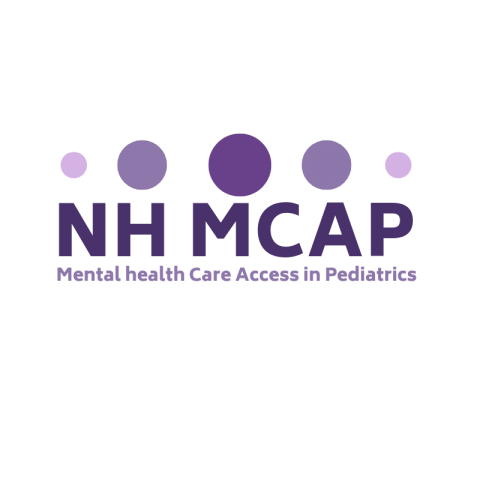
Started in 2013, the New Hampshire Pediatric Improvement Partnership (NHPIP) is a program of the NH Citizens Health Initiative, coordinated by the Institute for Health Policy and Practice at UNH, with Medical Director leadership from the Children's Hospital at Dartmouth (see graphic below). The NHPIP is a state-level multi-disciplinary collaborative of private and public partners dedicated to improving health care quality for all NH children through the use of systems and measurement-based quality improvement processes. We do this through:
-
Promoting awareness of and interest in pediatric care quality measurement, projects, and resources.
-
Facilitating dialogue to identify and act upon pediatric care quality opportunities in NH.
-
Conducting and/or collaborating on pediatric quality improvement projects.
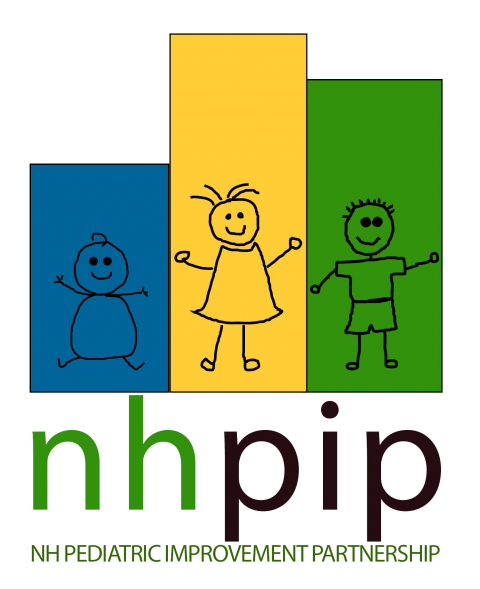
Funded by the NH Children’s Health Foundation, the NH Trauma-informed Care in Pediatrics Project is a 2.5 year project focused on increasing the capacity of NH pediatric primary care clinicians in screening for and responding to adverse childhood experiences (ACEs). ACEs are potentially traumatic events that occur during childhood such as physical emotional abuse, neglect, caregiver mental illness, and household violence. The goals of this NH Pediatric Improvement Partnership (NHPIP) project are to:
1) increase pediatric general practitioner knowledge about trauma-informed care and existing tools to support addressing trauma in primary care settings and
2) support five pediatric primary care clinics in using quality improvement principles to pilot process(es) to detect and respond to patients experiencing toxic stress. This project will conclude in January 2022.

The University of New Hampshire is a Project ECHO® Hub led by the NH Citizens Health Initiative, a program of the UNH Institute for Health Policy and Practice. The UNH Project ECHO Hub launched in 2018 and has developed learning communities on a range of topics. The goal of the UNH Project ECHO hub is to share knowledge and increase expertise throughout communities in New Hampshire, New England, and nationally.
